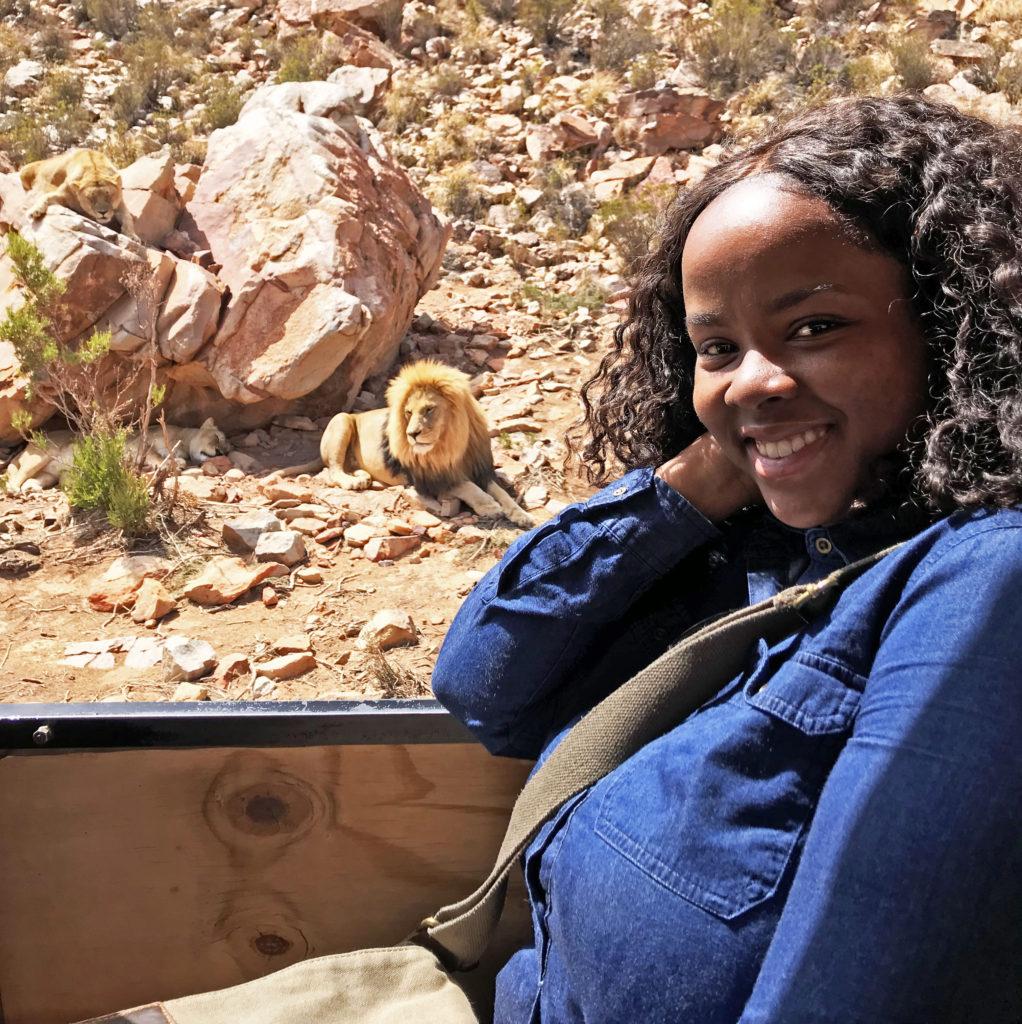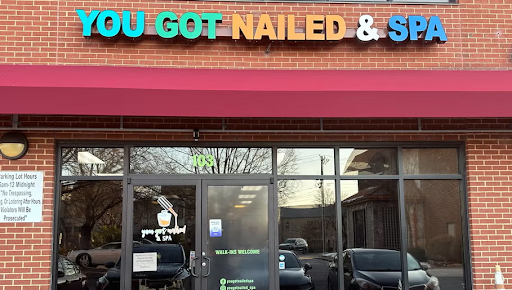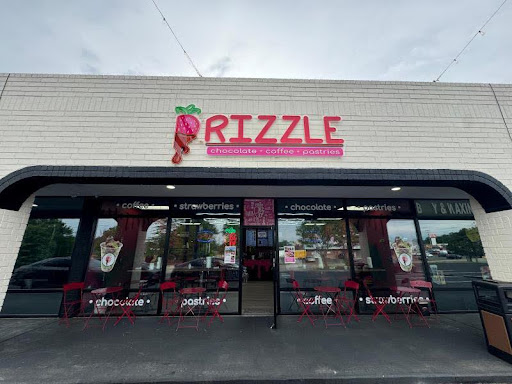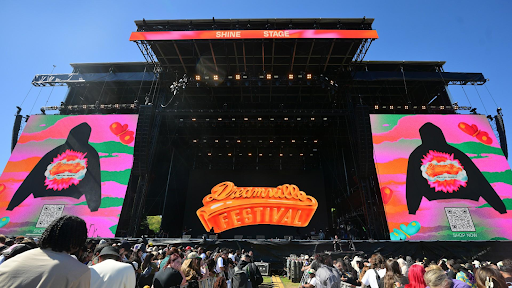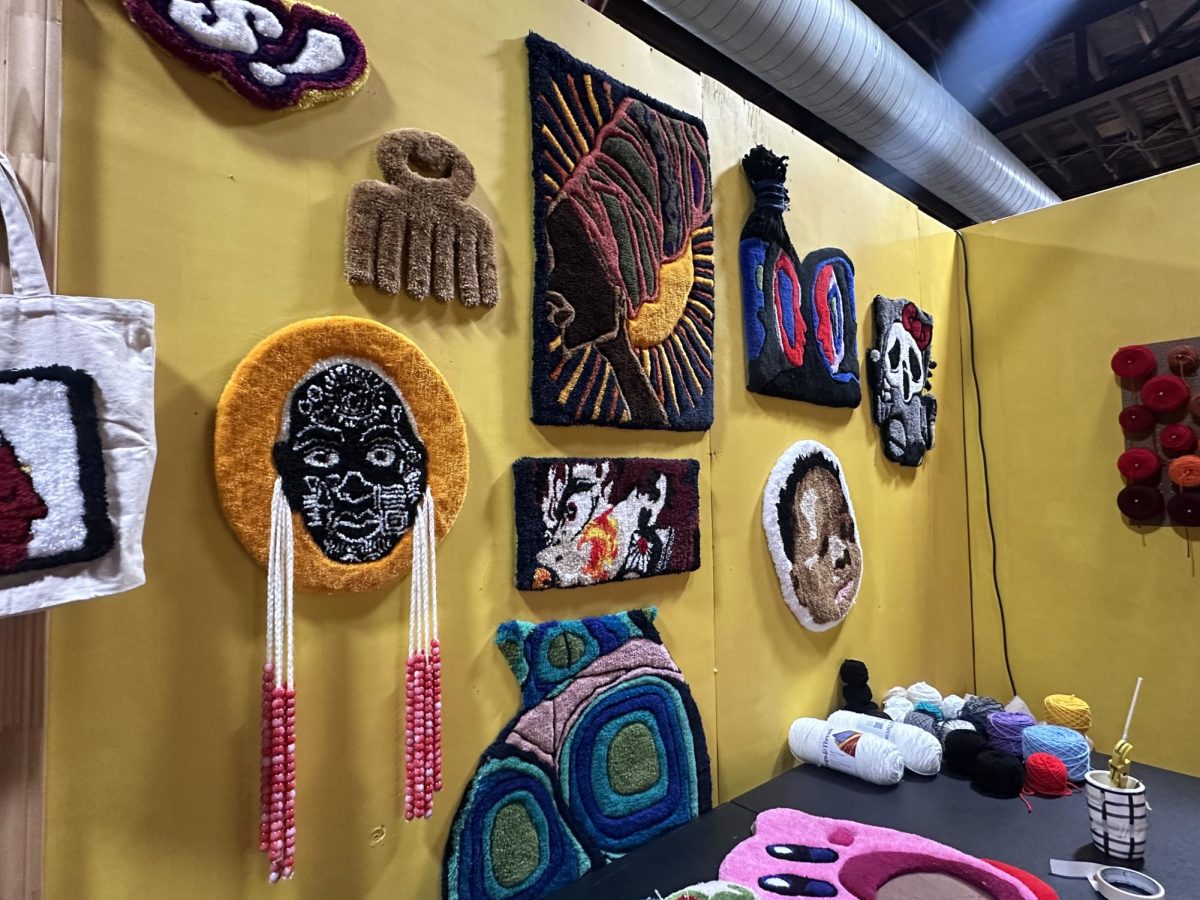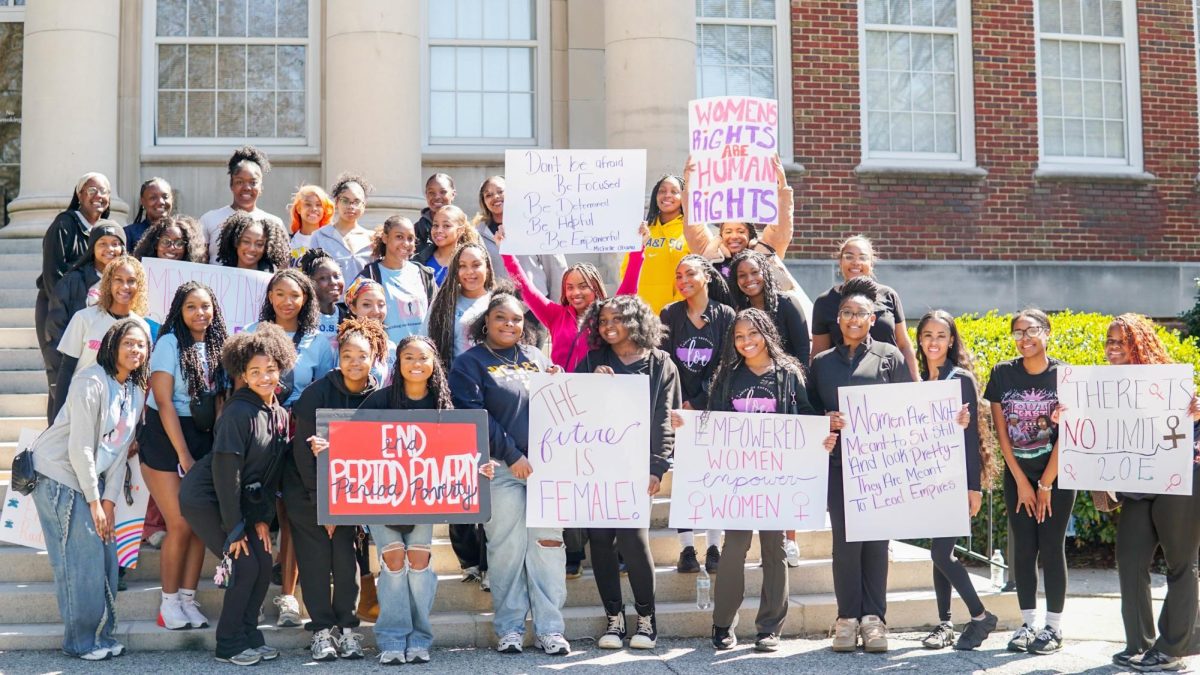By: Denver Regine Lark
It is said that the lack of minorities that study abroad is slim to none. Is there any truth to this? Well yes. Since studying abroad, I have seen this to be very true. Only 5% of students who study abroad are black according to the Institute of International Education.
I have had the privilege of studying abroad as a Nelson Mandela Global Scholar through CIEE (Council on International Educational Exchange) this spring and I can say that it has been an astonishing experience. My program was not your typical one location study abroad program.
As a Nelson Mandela scholar I had the opportunity to study in 3 different countries for 6 weeks in each. My study locations were Paris France, Cape Town South Africa, and London, England. Each offered different experiences and cultural happenings. From new academic teachings to even different dining etiquette.
Throughout my time abroad, I have met many different people from many different backgrounds and headed on many different paths. However, one thing remains the same, no one looks like me. Few are females, few are black, and fewer are black males. But why is this? Is it because we are not presented with the opportunity? Do we not seek the opportunity? Do we not have the support? Or are we simply scared to explore the world? After talking to many black students and black faculty in many of my study locations the answers all remain around my assumptions.
Fortunately, each of my locations were more diverse than one would think. I was able to find many native foods, and excursion as well as ones that were similar back home. This balance allowed me to learn and live in a new culture as well as not get homesick as many things were similar. Paris was my first time in Europe and boy was It a culture shock! From the language, food, and overall culture it took time to get used to.
Although it’s unexpected, Paris was very diverse with African diaspora given that it is very close to the African continent. Although many people looked like me, I had to realize that they were not like me.
Yes, our ancestors may be similar but could you classify yourself as a “Black American?” No, not at all. This question was one that I came across in England and surprisingly, even in South Africa. My observations in London were quite similar to Paris with a few differences. In Paris, blacks or people of color do not have a specific area where many live opposed to London.
Cape Town was a place where I knew felt just like home. Unfortunately, that was not the case due to the social disparities that myself and many of my peers who looked like me ran into from the apartheid era. We were not categorized or judged by how we looked but where we were from.
This distinction could not be made by our appearance, but it was once we spoke that we were quickly asked not where we were from immediately people made the assumption that we were Americans. And boy did the conversation quickly change.
The next things out of peoples’ mouths no matter what their minority was pertained to our political beliefs, economic statues and reasoning for studying abroad in South Africa. Many times people were happy and thrilled to meet black Americans, especially woman who were seeking an education. On the other hand, we would hear comments like “you left your brothers and sisters to suffer and die as you went to live with the white man.” We found these things quite strange when we would visit townships.
We were warned that the little babies who are considered our brothers and sisters would not pay us any mind when we arrive with white people and would run and play with them because they believe since they are in their homes that they are not what is referred to as the “enemy.” Such situations forced us not to be able to comment and continue to conversations but stray away from the reality of such.
One thing I had to keep in mind as I traveled throughout Europe was that sometimes by myself I am not only an American, but a black female at a crucial time in politics where many people in other countries would pray on such vulnerability. As I become the world traveler that I aspire to be, I know I must continue to increase the amount of black students that study abroad.

